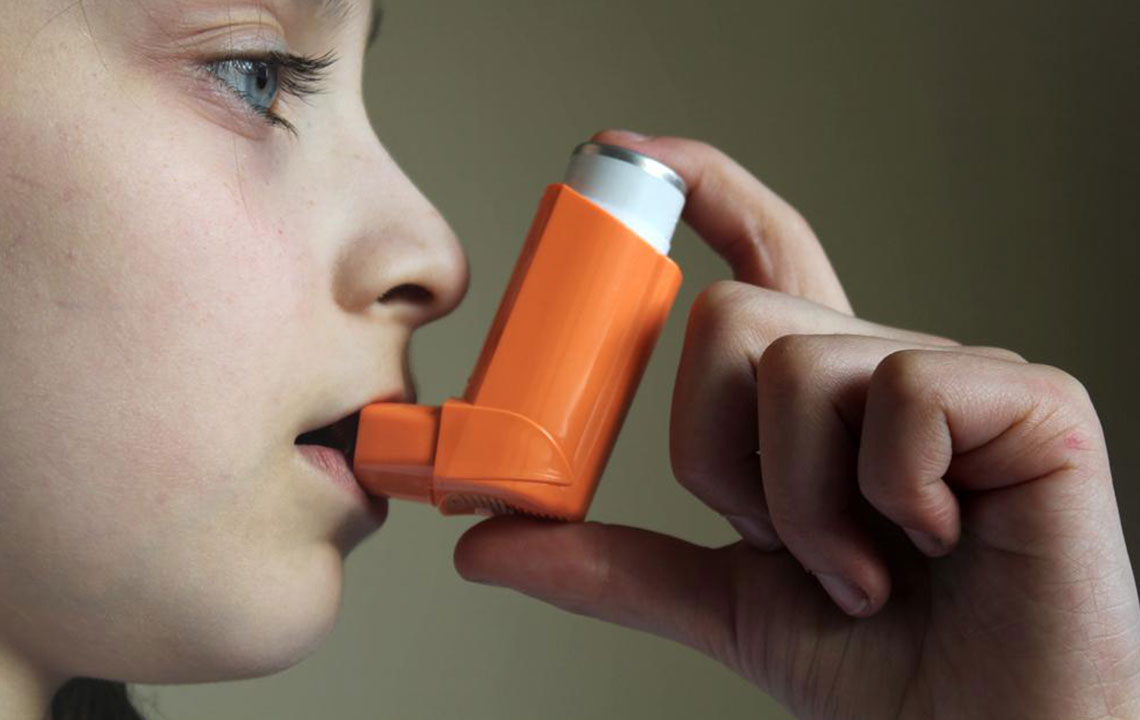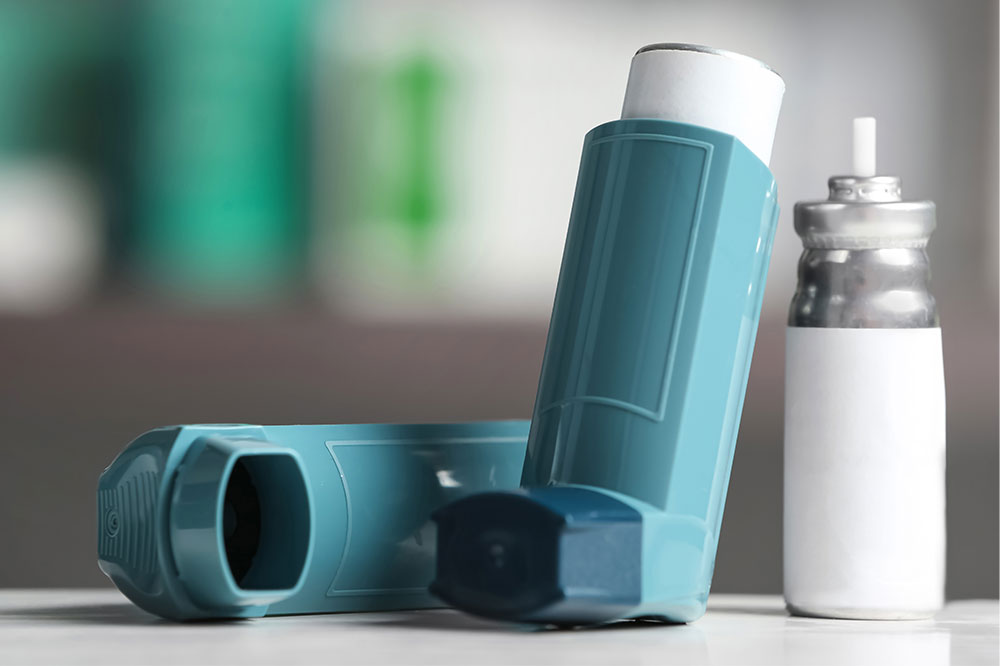Effective Strategies to Prevent Asthma Flare-Ups
Learn effective methods to prevent asthma attacks with practical tips like avoiding dust, maintaining hygiene, managing stress, and steering clear of triggers. This guide equips asthma patients to lead healthier lives through simple yet impactful lifestyle adjustments, ensuring safer breathing and fewer emergencies.
Sponsored

As asthma diagnoses rise globally, understanding prevention becomes vital. Here are practical tips to help reduce the risk of asthma attacks and promote a healthier life.
An asthma episode happens when the muscles around your airways tighten, causing bronchospasm. The airway lining inflames or swells, producing thick mucus. These changes result in symptoms like rapid short breaths, anxiety, difficulty performing daily activities, intense wheezing, coughing, sweating, and pale skin.
When bronchial muscles constrict, airflow is restricted, making breathing difficult. The length of an attack varies—mild episodes can last minutes, severe ones may take hours. Severe attacks require immediate medical attention to prevent complications like cyanosis, where lips turn bluish due to oxygen deprivation. Adequate prevention and care are essential to avoid such emergencies.
Common triggers include dust, smoke, allergens, infections, and stress. Preventative measures include:
Avoid dust exposure
Minimize contact with dusty or dirty environments. Dust, smoke, or allergens can inflame airways, increasing attack risk.
Maintain hygiene
Keep living spaces clean to eliminate insects like cockroaches, common asthma triggers, especially in urban areas.
Avoid cold and flu
Keep distance from those infected to prevent respiratory infections that can worsen asthma symptoms like breathing difficulty and coughing.
Limit contact with animals
Pets may trigger allergies due to dander; keeping pets outside or avoiding contact helps prevent attacks.
Moderate physical activity
Vigorous exercise, especially in cold or dry conditions, can worsen symptoms. Exercise under medical supervision after proper medication.
Avoid tobacco smoke
Tobacco and passive smoke irritate airways, causing inflammation and narrowing, leading to attacks. Avoid smoking altogether.
Manage stress
Stress and anxiety can trigger severe attacks. Practice yoga, breathing exercises, and stress reduction techniques to maintain calmness.
Identify and control allergies
Regular medical checkups help recognize allergens, allowing you to follow treatment plans and prevent episodes.
By adopting these strategies, individuals with asthma can minimize attack risks and enjoy a better quality of life, regardless of their condition.






